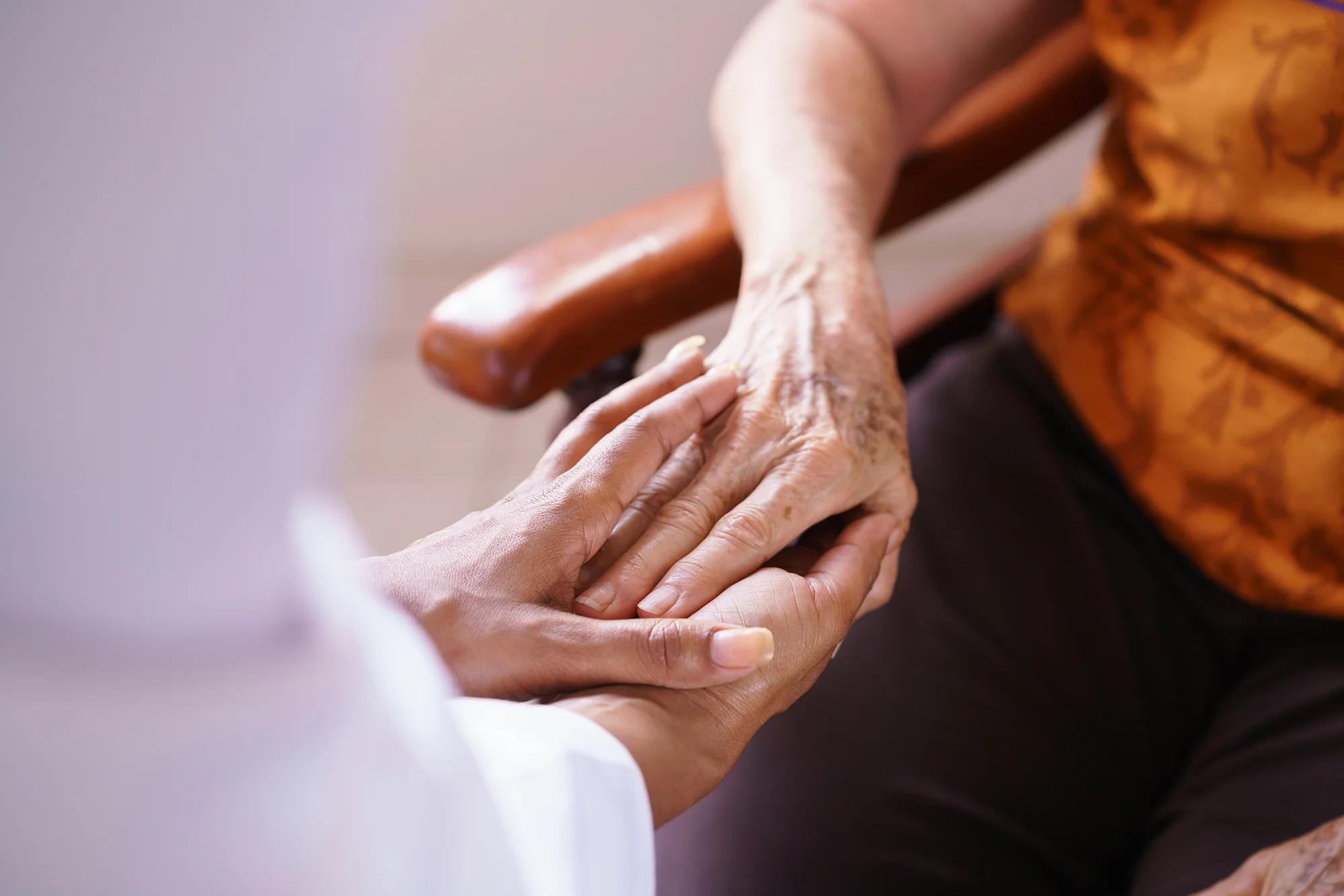An Overview
It’s normal for someone to be grieving for a long period of time, especially if a spouse, child, or parent passed away. Usually within six months the survivor starts to accept the loss and incorporate it into their life. When a survivor seems “stuck” in grief and cannot resume their normal life even seven or eight months after the death, they may be suffering from complicated grief. (Please note: Complicated grief is also referred to as unresolved grief, protracted grief or traumatic grief.)
What Are The Symptoms of Complicated Grief?
Complicated grief occurs when the grieving process does not subside. It is truly debilitating and can make it impossible for survivors to continue with their everyday activities at home or work. Survivors are often overwhelmed by their emotions and can exhibit symptoms of depression or Post Traumatic Stress Disorder (PTSD).
While the symptoms of complicated grief are similar to those that most grieving people experience; the difference is in the severity and the length of the grieving period. Overall, complicated grief is still a relatively new concept and is not yet recognized as a disorder. It’s not known how many people suffer from complicated grief, but it can linger for months or years beyond what is considered a “normal” grieving period.
Why Would Someone Experience Complicated Grief?
According to Mayo Clinic’s website, there are several factors that can make someone more likely to suffer from complicated grief:
A violent or sudden death
Being unprepared for the death
A suicide
A lack of support from friends and family
Abuse, neglect, or other traumatic experiences
Childhood separation anxiety
A close relationship with the decedent
A general lack of adaptability in life
Coping With Complicated Grief
The Mayo Clinic’s website also lists ways in which the survivor can cope with complicated grief:
If you have a treatment plan, stick to it
Exercise
Take care of yourself with proper nutrition and rest
Utilize your faith community
Manage your stress
Try to get out and socialize
Plan ahead for holidays and other gatherings
Try something new
Use support groups
Because complicated grief isn’t recognized as a disorder, and it can look like the normal grieving process, your family, friends and doctors may not notice it immediately. If you notice it in yourself or in a loved one don’t hesitate to seek help. Complicated grief sufferers may find that they need more than just time to heal from the loss. Counseling, medication and other coping strategies may be required to recover fully.

